Publié le
Dernière mise à jour de cette page le
One of the focuses of the World Summit on the Information Society (WSIS) process has been on the cross-cutting nature of technology, and how it can act as an enabler of other development objectives. In a workshop session on eRiders at WSIS, Toni Eliasz from Ungana-Afrika today presented a "replicable and low-cost ICT capacity building and support model" uniquely suited to enabling technology within this under-resourced sector commonly referred to as civil society.
One of the focuses of the World Summit on the Information Society (WSIS) process has been on the cross-cutting nature of technology, and how it can act as an enabler of other development objectives.
Civil society has always had a significant part to play in development objectives and achieving the . Except for a few notable examples though, civil society has not fully embraced technology in its development work.
In a workshop session on eRiders at WSIS, Toni Eliasz from Ungana-Afrika today presented a "repicable and low cost ICT capacity building and support model" uniquely suited to enabling technology within this under-resourced sector.
He presented eRiders as an ICT consultancy solution for small, mission-focused NGOs which can’t afford a full-time technology support person.
eRiders are consultants that work with a group of development organisations concurrently. They are motivated by the development objectives of the organisations they work with, but their focus is on helping these organisations employ technology to achieve their missions.
Although eRiders perform a number of technical functions, one of their key functions is demystifying technology and making the concepts accessible.
Initially, an eRider’s focus will be on smoothening normal operational activities within an organisation. As the relationship develops, the eRider will encourage a more strategic approach to technology, and new program delivery innovations may become available through technology.
Eliasz also highlighted the global nature of the eRider movement, and the advantages of a supportive international online community.
He gave examples of how eRiders have been involved in supporting a global technology project, regional human rights movement in Eastern Europe, a national Open Source migration project in Bulgaria, provincial Community Radio project in South Africa and a local network of health organisations in Mozambique.
The conclusion of the presentation focused on the establishment and incubation of new eRider projects, and some approaches that can be used for supporting eRiders and other technology capacity builders.


